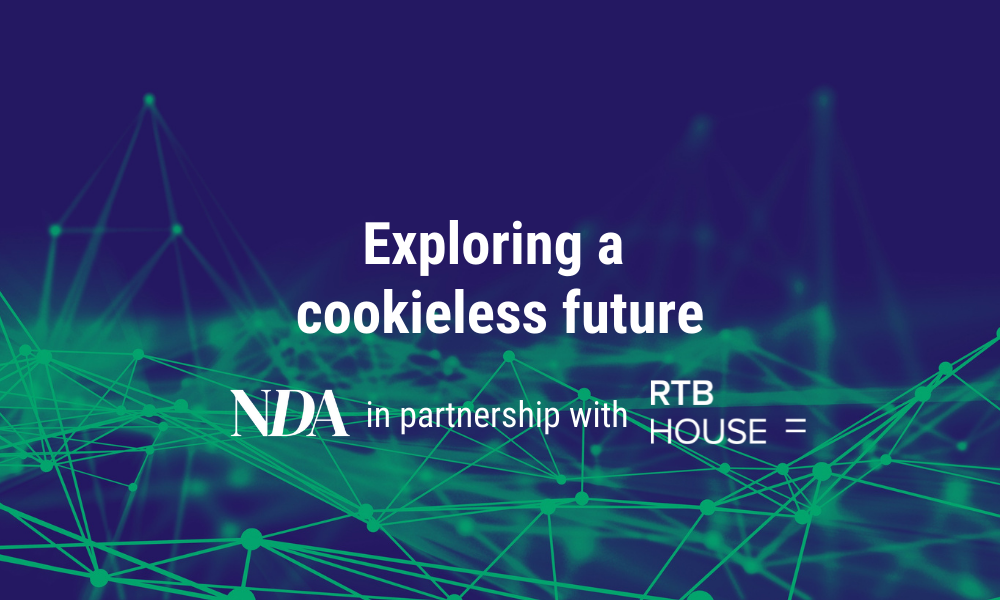By Łukasz Włodarczyk, VP of Programmatic Ecosystem Growth & Innovation, RTB House
Google’s commitment to withdraw the use of third-party cookies on its Chrome web browser from 2023 has sent shockwaves across the digital advertising industry. As a leading vendor of digital advertising services, RTB House is currently fielding questions about the ‘cookieless’ future from clients of all sizes.
Here are three of the most common queries we’re being asked:
Will retargeting die without third-party cookies?
The answer is no, retargeting will not die. Instead, it will evolve by providing technology-driven privacy guarantees for individual consumers and this evolution will be driven by the concept of ‘cohorts’. In simple terms, a ‘cohort’ refers to a group of people who share similar interests.
Currently, your targeted audience is identified as an individual by a third-party cookie, which allows for cross site tracking between websites. When third-party cookies on Chrome are gone, your audience will still be addressable when they belong to a cohort or an interest group.
The key is nurturing these cohorts with both group based and individual based approaches in advertising. This means using artificial intelligence like deep learning that will help you market to cohorts, effectively replacing the need for cookies.
Can you create a personalised ad without the use of cookies?
Yes, personalisation will still be possible. Your device and served ads will see you as an individual but, in terms of targeting, you will only be reachable as part of a group of other people with shared interests. What happens between consumer and ad on a device will stay on the device.
Privacy Sandbox, Google’s initiative to create the standards for websites to access user information without compromising their individual privacy, includes a component (conceived by RTB House) known as ‘Product Level TURTLEDOVE’. This allows advertisers to offer precise product recommendations by keeping their product lists on the user’s device. It will also give users the same experience as they find today while maintaining higher privacy guarantees to individual users.
(In the case of subsidiary methods, the user will be tracked across the internet using an alternative ‘cookie-like’ identifier, where the user has given their consent. Product recommendations can then be used to build detailed user profiles, identifying individuals by the data which they consent to share.)
Will bidding efficiency drop without the use of third-party cookies?
Real time bidding allowed advertising inventory to be sold on a per impression basis via an auction that takes place in milliseconds. This use of measurement optimisation and targeting based on conversion rates and viewability allowed advertisers to be much more targeted and cost efficient in their ad bidding strategies. But what happens when you take away the cookies that make all of this work?
RTB House has developed a solution which has already been warmly welcomed by the W3C group and incorporated into the current version of Google’s Privacy Sandbox, known as ‘Outcome-Based TURTLEDOVE’. This save information in the user’s browser when that user visits an advertiser’s website. The data is stored directly on a user’s device and is not accessible to external companies.
This allows variables to stay on the user’s device to help guide future ad bidding strategies only. No additional, unnecessary information is collected. As a result, the new tool will allow advertisers to keep their user level bidding efficacy at almost the same level, while maintaining a group based approach to privacy guarantees.
The immediate future for advertisers is inevitably going to be complex, with issues surrounding the interoperability of post-cookie adtech systems likely to demand attention. Rather than yearn for the cookie-based tracking techniques of the past, advertisers should embrace new privacy-first audience targeting methods that leverage cutting-edge deep learning to optimise the effectiveness of your ad spend and bidding efficacy.
Find the answer to other cookieless questions in our Cookieless Future Video series.









